50% of online fraud victims are elderly
According to the Ministry of Public Security , in the first 8 months of 2025, the whole country recorded more than 1,500 online fraud cases, an increase of 65% compared to the same period in 2024, causing damage of more than 1,660 billion VND. More than 4,000 malicious domains were detected with sophisticated tricks such as: Deepfake image forgery technology, virtual currency fraud, OTP code appropriation, impersonation of police agencies or banks...
Taking advantage of the development of Artificial intelligence and high-tech crime are creating global challenges with the problem of online fraud. Fraudulent activities are no longer fragmented and spontaneous, but have developed systematically, on a large scale and are run by transnational fraud corporations, causing confusion in society. What is worrying is that currently, the targets that fraud organizations are aiming for are shifting towards the elderly, children and low-income people.

According to statistics, the elderly account for more than 50% of victims in online fraud cases, many of whom have lost hundreds of millions of dong, even billions of dong from their savings. Recently, an old man in Yen Chau commune, Son La province, was repeatedly called by strangers impersonating the police, fabricating stories that his account was involved in a fraud case, and at the same time demanding an urgent transfer of 100 million dong to the account provided by them. Fortunately, the incident was promptly detected and stopped by the authorities.
Explaining the reason why the number of elderly people and children becoming victims of online fraud is increasing rapidly, according to experts, with artificial intelligence, cybercriminals can collect information and personal data, then analyze behavior to understand the characteristics, personality, and interests of each person, thereby upgrading increasingly sophisticated and cunning fraud methods. Meanwhile, the elderly and children are people with limited skills, the ability to identify fraud as well as limited understanding of technology, so they are at risk of many risks and are easily abused...
There are solutions from institutions to reality.
To protect the vulnerable from negative impacts from Cyberspace, especially from artificial intelligence, first of all, it is necessary to build and perfect the legal corridor to serve as a basis for prevention and handling of violations. The draft Law on Cyber Security has been submitted by the Government to the National Assembly for consideration, discussion and is expected to be passed in the 10th Session of the 15th National Assembly. However, many delegates still have concerns and suggest adding more content to complete the draft law, including content on protecting the elderly in cyberspace.
According to delegate Le Thi Ngoc Linh (National Assembly Delegation of Ca Mau Province), Article 20 of the draft Law on Cyber Security currently includes provisions on protecting children in cyberspace. However, it is necessary to add more subjects of protection such as the elderly and people with limited civil capacity. At the same time, it is necessary to stipulate the responsibilities of network platforms, telecommunications service providers, and banks in detecting, warning, and coordinating the handling of abuse and fraud against this group.
Meanwhile, delegate Le Thi Thanh Lam (National Assembly Delegation of Can Tho City) said that although some online fraud cases have been promptly prevented by the authorities, the trend of abusing artificial intelligence to personalize fraudulent behavior is still increasing. Therefore, delegate Le Thi Thanh Lam suggested that in the prohibited acts of cyber security, it is necessary to add regulations prohibiting the use of artificial intelligence to fake faces, voices, impersonate organizations and individuals to defraud, distort or confuse, infringe on the legitimate rights and interests of people.
However, from reality, in order to effectively prevent and combat online fraud, in addition to perfecting the institution, it is necessary to pay special attention to raising public awareness, further promoting the role of the authorities of wards and communes, especially residential groups in warning each family and household in the area about online fraud, because this is the force closest to the people, most closely connected with the people...
Source: https://baolangson.vn/bao-ve-nguoi-yeu-the-tren-khong-gian-mang-5065373.html




![[Photo] President Luong Cuong receives President of the Senate of the Czech Republic Milos Vystrcil](/_next/image?url=https%3A%2F%2Fvphoto.vietnam.vn%2Fthumb%2F1200x675%2Fvietnam%2Fresource%2FIMAGE%2F2025%2F11%2F20%2F1763629737266_ndo_br_1-jpg.webp&w=3840&q=75)

![[Photo] National Assembly Chairman Tran Thanh Man holds talks with South Korean National Assembly Chairman Woo Won Shik](/_next/image?url=https%3A%2F%2Fvphoto.vietnam.vn%2Fthumb%2F1200x675%2Fvietnam%2Fresource%2FIMAGE%2F2025%2F11%2F20%2F1763629724919_hq-5175-jpg.webp&w=3840&q=75)

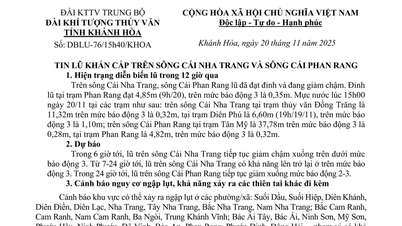





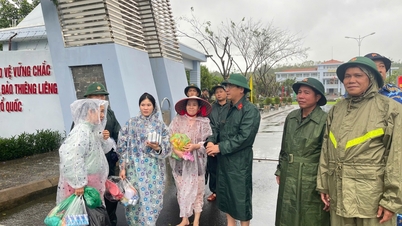











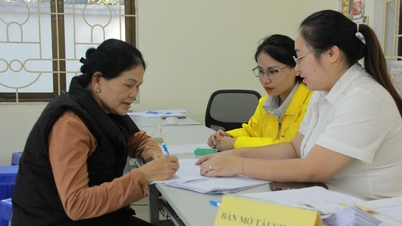


















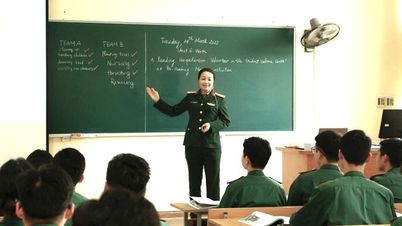

























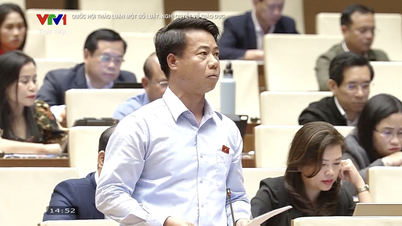














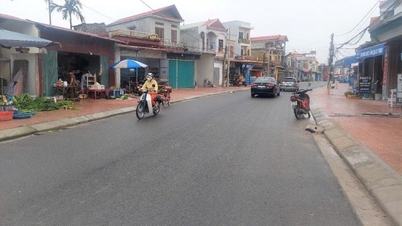

















Comment (0)